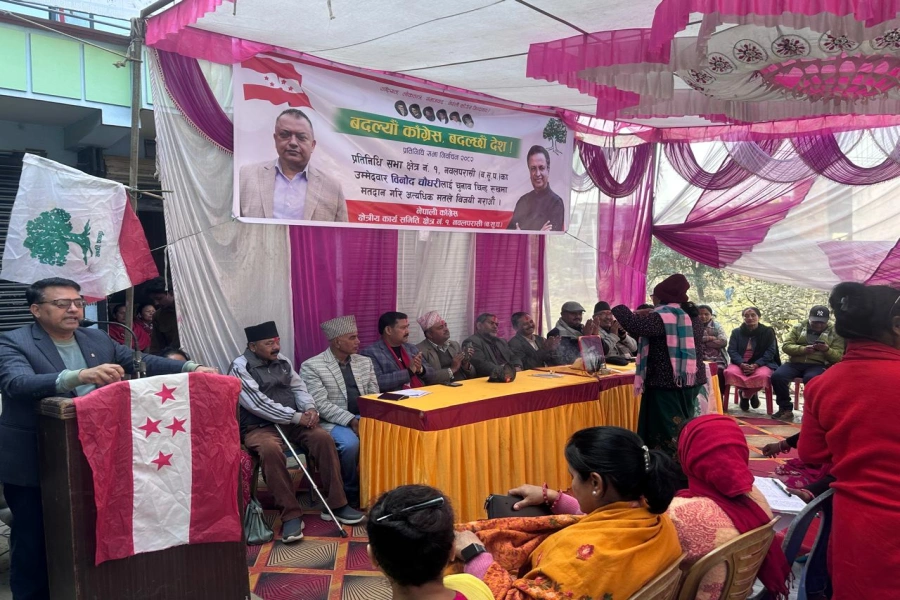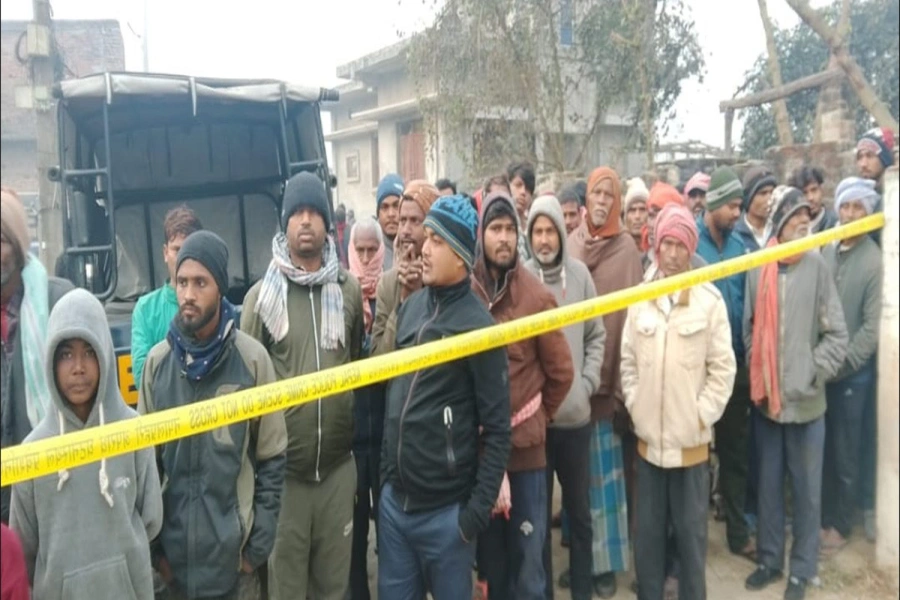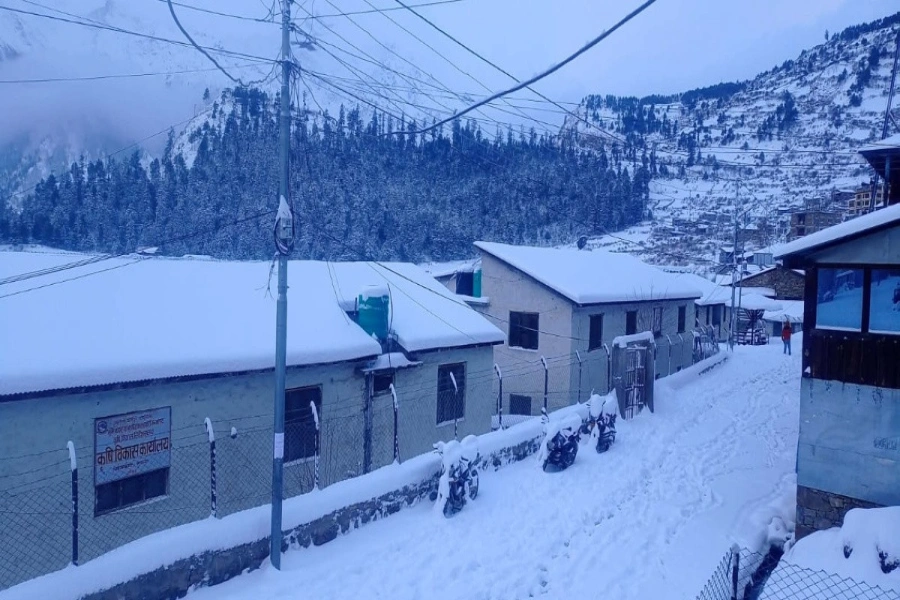Half of our problems would be over if we stick to ethnic and traditional food and vegetables. When we start consuming alien food, our kitchens get invaded by chemicals and preservatives
All problems are global but their solutions are local. Believe it or not, most of the problems we are facing today are caused by various phenomena for which we are responsible including haphazard use of insecticides that is very hazardous to public health. It becomes more concerning when vegetables that enter our kitchen on a daily basis are infested with insecticides that pose serious challenge to our physical, mental, and emotional wellbeing.
Food defines cultures and shapes civilizations. And any culture that emphasizes on eating natural food lives in peace and perfect harmony with nature. Those who choose to live differently belong to exceptions and outliers who are liable to suffer consequences. Most residents of ultra-urban areas make up the outliers. Consumers of vegetables with an elevated level of insecticides are also consumers of raging public debate about it in news media. They have definitely remained out of touch with our glorious culture and traditions in many ways.
Culture of our own
The boys and girls in villages were preparing for a grand celebration of herbs and fruits while whole of cityscape was engulfed in insecticide debate. Yes, I am talking of ‘saune sankranti’ (first day of Shrawan) when farmers worshiped and celebrated nature with full gusto. The children who were pushed to background during the hectic paddy planting season were happy to be entrusted with a major responsibility of collecting samples of herbs and fruits. They collected as many varieties as possible to please their parents. Smiles in their parents’ faces meant gratification and ratification of their efforts.
I was also one of those hyperactive kids in the village during my childhood. I always tried collecting ‘jole’ (conjoined) corn crop, peaches, pears, oranges, guavas, pears, lime, oranges and leaves of henna (used for dying) and other preferred herbs. I mingled with certain boys in the village for the sole purpose of being able to collect samples of most plants and fruits.
EU-SAARC Think Tank Summit to be held

By dusk, a corner of yard would be covered by samples of a wide variety of herbs and fruits. When the ritual of worship was complete, it was time to hurl ‘agulta’ (logs with ember on one end) toward east calling out villages and wishing all possible epidemics to befall their inhabitants. We always called out villages on other side of the river in another district although there were a couple of villages (on our side) in between. We felt superior as they hurled their logs aiming at our village heading west while we hurled ours heading east as preferred and prescribed in Hindu scriptures.
Most of marriageable lads and ladies from our village were wedded to lads and ladies from those villages and vice versa. Still, people wanted daughters (in-law) or sons (in- law) or sisters (in-law) or brothers (in-law) and their in-laws to be hit by epidemics although no such thing occurred in those villages including ours. Some aspects of our cultures and traditions are so queer and irrational to dig deeper.
Anyway, it may sound odd but ‘saune sankranti’ was a socializing event for me. Frankly speaking, I remained an overweening bundle of egos during entire childhood. I can’t even blame my parents and my teachers for not salvaging me out of this quicksand as they did everything to send me to school and keep me engaged in studies.
Having mastered English alphabets in class four, having been school team’s leader in regional spelling contest and having been able to memorize all verbs and their adjectives under word formation in class nine did only inflate my ego before it burst open upon passing SLC and joining a campus far away from home where I had to compete with graduates of private boarding schools who had started speaking English in their mothers’ wombs.
Conundrum of ego aside, it’s the season of cucumber, which enjoys a special place in hills of Nepal. Nobody can write off its role as most sought- after thirst quencher. It tastes best when its slices are sprinkled with salt and chili paste. Traditionally, it’s also worshipped by girls (who undergo first menstruation cycle) during the cultural Teej festival. It is believed they would give birth to a baby-boy if they thrashed cucumber in the first attempt with their bare fist. Otherwise, it would be a baby-girl. This is the most subtle form of sexual harassment promoted and perpetrated by men in the name of preservation of tradition and culture.
This could be one of the reasons why some women and girls in cities have customized Teej tradition by celebrating it months in advance and also resorting to drinking and eating foods that promote ego, attachment, hatred and rigidity. It is aberration not customization as alien foods cause ‘kleshas’ (sorrows) while their rural counterparts consume wholesome foods after fasting for a couple of days, which adds glow to their skin making them look even more gorgeous. “…Remember, fasting is not starving,” says Allan Cott in his book Fasting: The Ultimate Diet.
There is nothing in our culture that is designed to embarrass boys except for sacred-thread ceremony when they are required to have their head clean-shaven and cover their genital with ‘languati’ (small piece of cloth). My attention was more concerned with making sure the most private part of my body was covered properly to keep invitees from peeking into it rather than focusing on ‘dikshya’ (knowledge imparted by guru) and ‘bhikshya’ (objects donated by invitees and relatives) during my sacred-thread ceremony. It is one of the occasions when being a boy is not fun at all.
Go local
Back to vegetable issue, lots of customers go to big vendors and grab the best looking (bigger and more attractive) bunches/ pieces while choosing vegetables and fruits in the market. But bigger is not always better. According to nutritionists, produces that look uglier in shape and smaller in size and sold in limited quantity (often by farmers themselves) are mostly wholesome and/or organic.
The rule of thumb is to go local. Local is not commercial as they also say small is beautiful (irrespective of appearance). There are two advantages of going local: First, it keeps us healthy. Second, it helps local economy. We have to try to buy stuffs in our villages and hometowns as far as possible so that the taxes we pay go to the coffers of local government units which will, in turn, be used to add services and resources toward betterment of our towns and villages, which are our monikers and identities portraying us in either good or bad light depending on their development indices that influence people’s perceptions.
They say: Think globally, act locally. Half of our problems would be over if we stick to ethnic and traditional food and vegetables. When we try to become globalist and start consuming alien food and vegetables, our kitchens get invaded by chemicals, additives and preservatives. Therefore, make pledges to stay away from Pizza Hut or KFC or McDonald’s. Instead welcome broccoli, cauliflower, pumpkin leaves, spinach, mustard greens and all kinds of beans and sprouts. Green leaves, beans and sprouts promote good health. Go local, gorge on greens and beans.
baburamnyaupane1@gmail.com



























-1769564710.webp)









